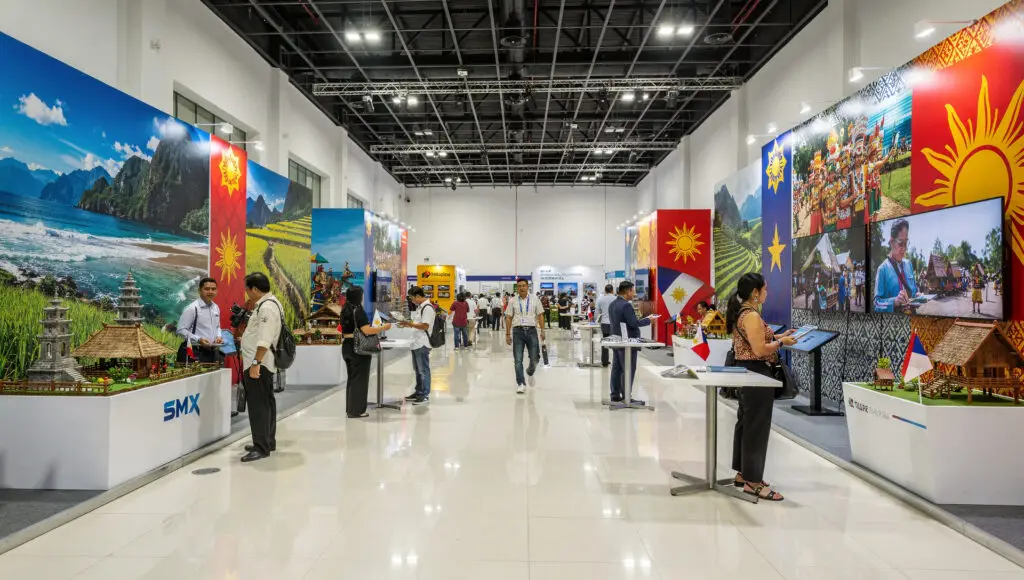The steadfast villages in the Koshi Province of Nepal, which are trying to heal from the havoc wrought by the floods and landslides that occurred in late September 2024, have received a crucial enhancement to their healthcare services. Following an appeal from the provincial government, the World Health Organization (WHO) Country Office for Nepal on April 16th delivered a Medical Camp Kit (MCK) to Phidim Municipality. This aid is meant to assist in reconstructing the health services, which, due to the natural disasters, had been sharply curtailed, with a ray of light for the population in need.
Responding to the Crisis: A Call for Help and Swift Action
The request for MCK was generated as a result of a more or less exhaustive HeRAMS (Health Resources and Services Availability Monitoring System) evaluation conducted by the Ministry of Health and Population. The HeRAMS evaluation identified the needs most pressing for the region in question and made it possible to provide the MCK with its full intended purpose. This kit will function as an Alternate Care Site (ACS) for the hard-hit Lali Kharka Health Post.
The Medical Camp Kit: A Mobile Hub for Essential Services
The medical camp kit is designed to ensure that minimal healthcare services are provided, even when damaged facilities are undergoing rehabilitation. The kit includes marked tents that allow for outpatient consultations so that individuals may receive adequate instruction and treatment. To address the unique vulnerabilities posed to mothers and newborns during emergencies, the MCK also incorporates provisions for maternal health services, which enable ongoing care for obstetric patients and new mothers. Moreover, the kit possesses some basic equipment for laboratory diagnostics so that healthcare workers can perform essential monitoring tests for patients’ health. Medical supplies are secured in locked storage within the tents so that important materials can be protected and accessed quickly when needed.
More than Shelter: Addressing Primary Health Concerns
Alongside the comprehensive Medical Camp Kit, the region also received an Interagency Emergency Health Kit (IEHK). This additional kit is designed to meet the immediate and acute health requirements of a large population. It has a support capacity of 10,000 individuals for three months. The provision of the Interagency Emergency Health Kit ensures that healthcare workers are equipped to meet immediate health emergencies and control outbreaks of diseases in the post-disaster context.
Global Solidarity: International Support for the Recovery of Nepal
This very important initiative that accompanies Koshi Province with much-needed medical assistance is an example of how the world can work together to tackle a problem. The project receives funding from the Swiss Agency for Development and Cooperation and the United Nations Resident Coordinator’s Office, which shows their worldwide interest in helping Nepal recover from its wounds.
Strengthening Resilience: Building Capacity for the Future
The focus of the collaboration is to enhance the ability of Nepal to respond to any emergency health situation and, at the same time, improve enduring resilience to future shocks. This will ensure that the community can better absorb the impact of and recover from such catastrophic events.













